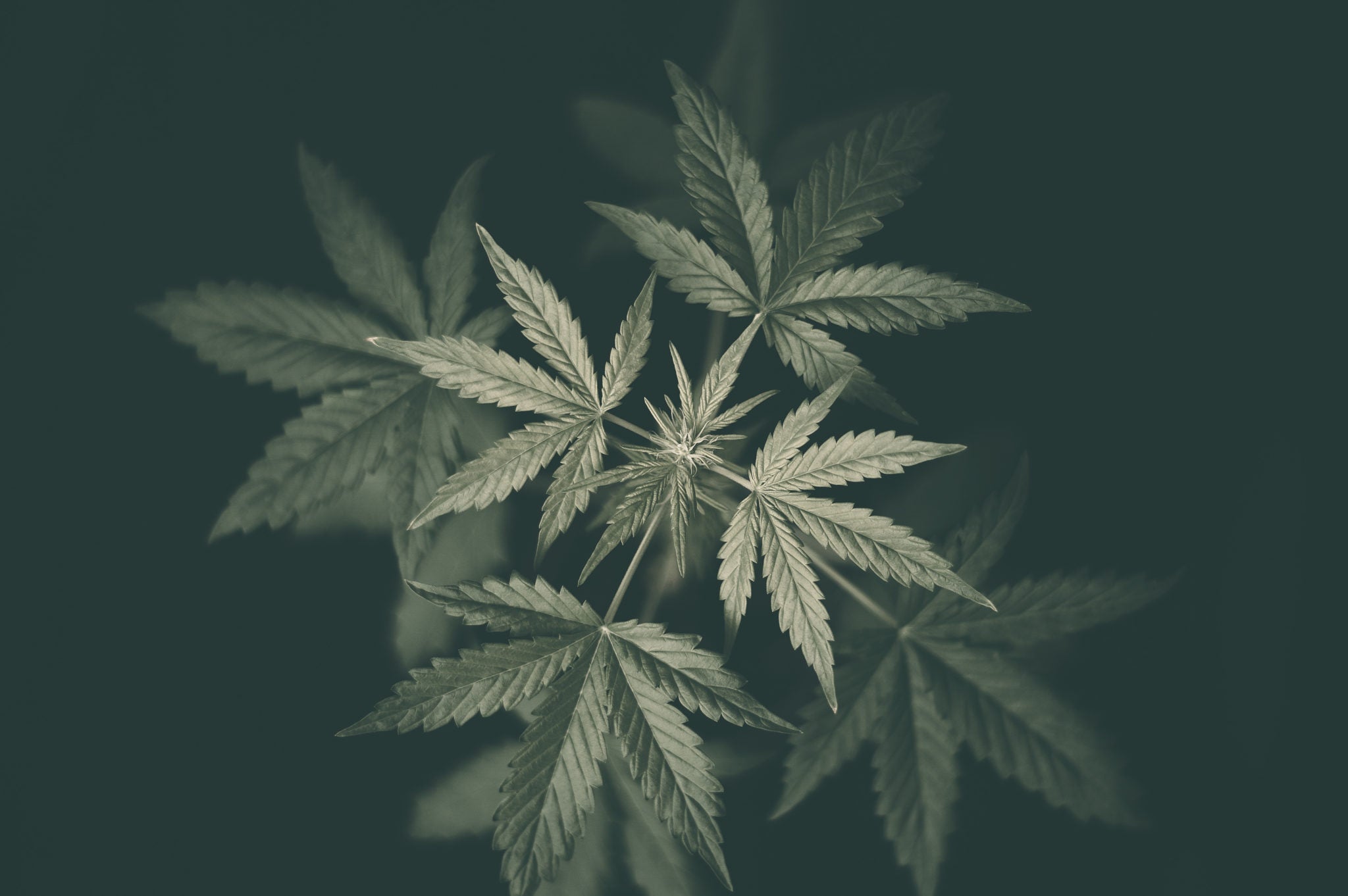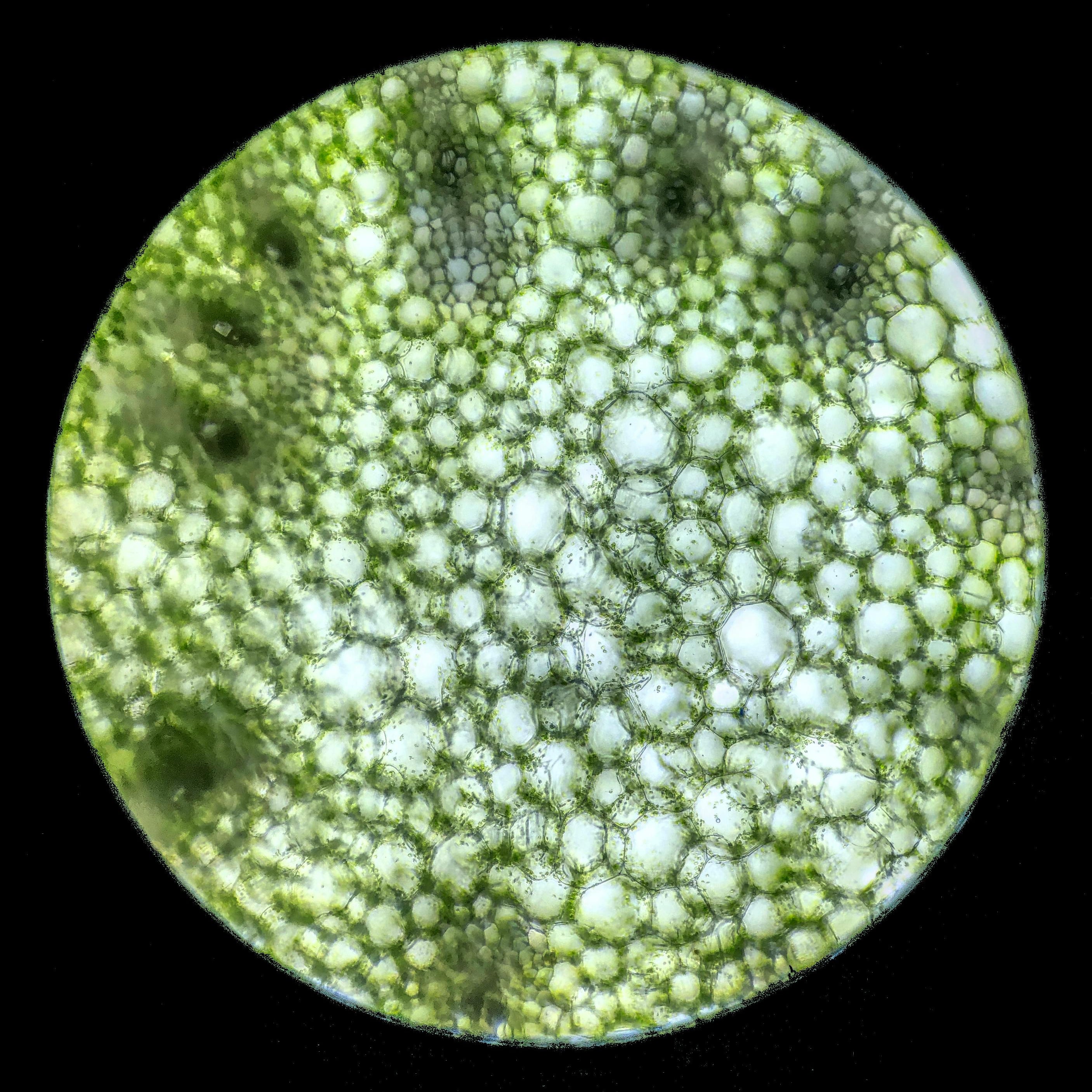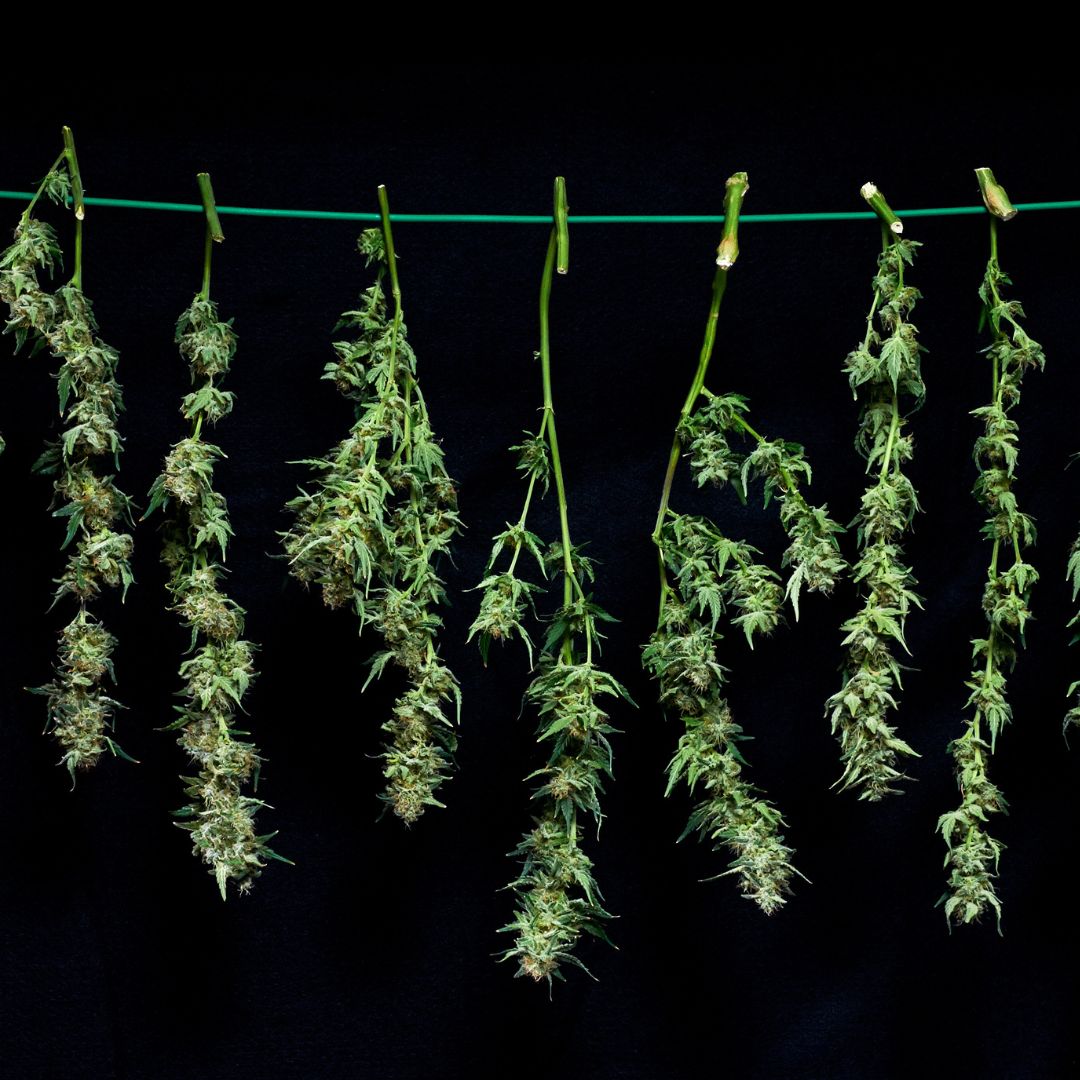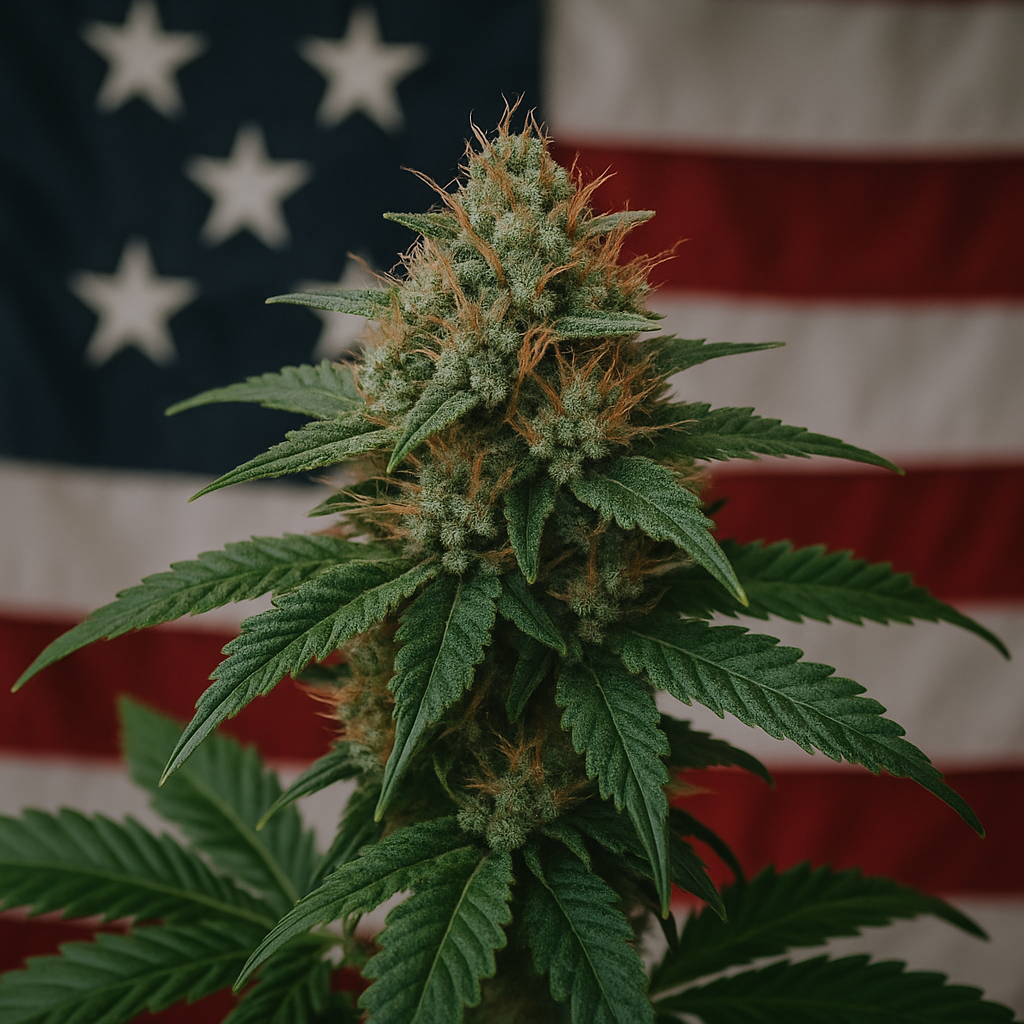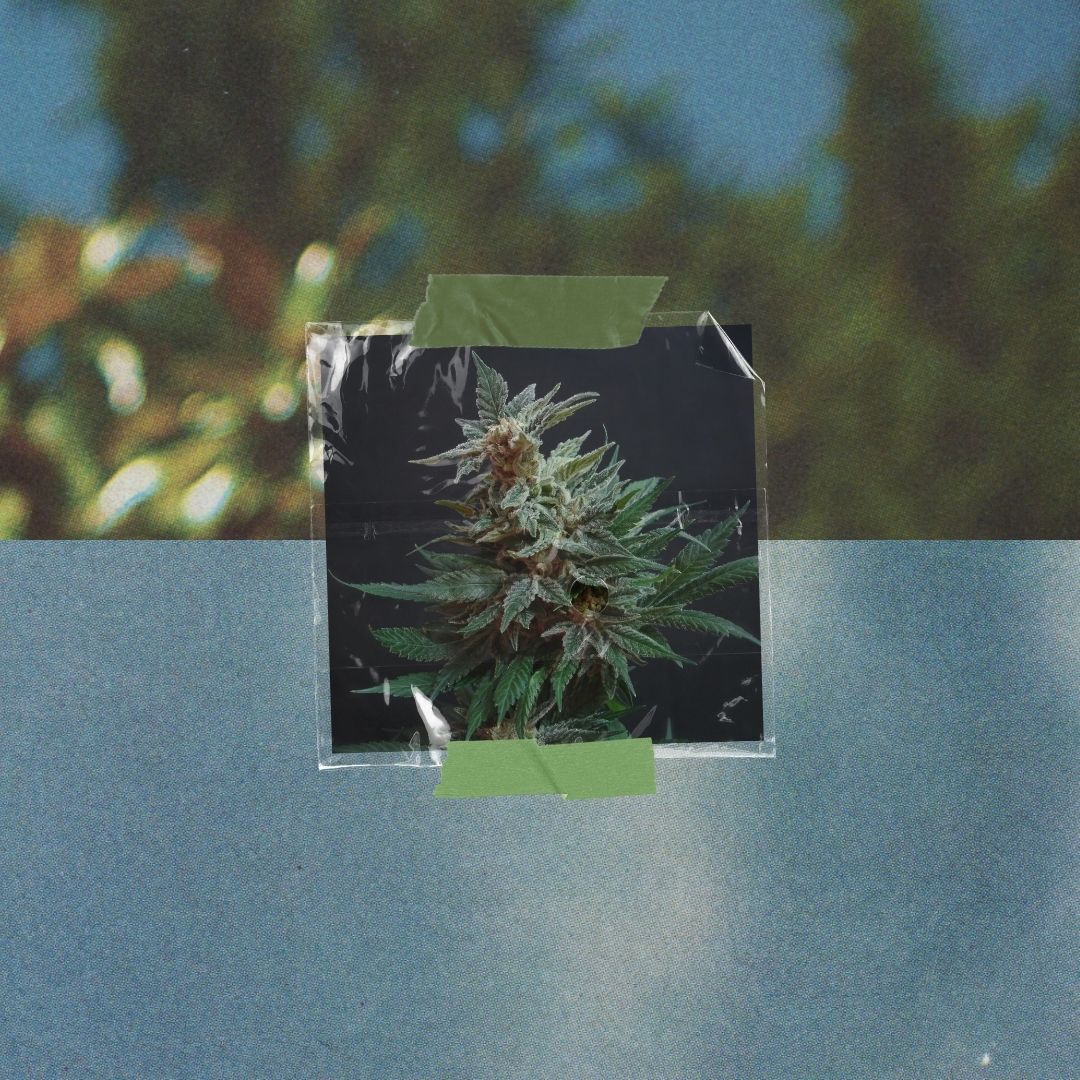The difference between hemp-derived and marijuana-derived cannabidiol (CBD) continues to be one of the most debated topics in the cannabis industry. But despite all the chatter, very few reputable sources have gotten it right. The result is a swirl of misinformation, an army of confused journalists promising to explain cannabis to the masses, and ultimately, a consumer who doesn’t know which end is up.
Here’s the truth: The only difference between hemp-derived and marijuana-derived CBD is that one is federally legal (hemp) and the other is legal in states where medical or recreational marijuana bills have been passed. CBD’s chemical makeup is identical.
For your part, the important distinction when choosing CBD products should not be about whether the CBD was extracted from hemp versus marijuana. It should be about quality.
We’ve gotten into the habit of using “cannabis” and “marijuana” interchangeably, but that’s our first mistake: Marijuana is cannabis, yes, but cannabis is not necessarily marijuana. It’s confusing, but we’ll get there.
 The relationship between cannabis, hemp, and marijuana.
The relationship between cannabis, hemp, and marijuana.
The hemp plant is defined as a cannabis plant with 0.3% or less THC (tetrahydrocannabinol), measured by weight when harvested. This limited amount of THC in a hemp plant is not considered high enough to intoxicate you. The marijuana plant, on the other hand, contains more than 0.3% THC and that means, the plant can get you high. (And probably has.)
Now, non-intoxicating CBD can be extracted from both the hemp plant and the marijuana plant. In both instances, CBD is considered cannabis, but the law distinguishes between the two based on which plant produced the CBD — marijuana or hemp. And that matters because in late 2018, the Farm Bill passed, legalizing hemp federally and removing hemp-derived cannabinoids, such as CBD, from the Controlled Substances Act.
It was somewhat legal before that, but there was some dissonance between the federal and state rule of law. At a federal level, hemp was illegal, but certain medical and recreational marijuana states had legislated otherwise, only adding to the confusion. But the laws have since been consolidated and hemp and its derivatives are now officially legal across the US.
So, what about the science?
CBD is a chemical compound, which means it is identical whether it comes from hemp or from marijuana. But that doesn’t completely settle the debate. There are two kinds of CBD. There is isolate CBD, which is CBD in isolation, in its crystallized form. And full-spectrum CBD, which is CBD extracted with all sorts of other cannabinoids, terpenes, and plant matter floating about. (Think of it this way: Isolated CBD is the packet of Vitamin C powder and full-spectrum CBD is the whole orange.)
You can extract both full-spectrum and isolate CBD from marijuana and hemp. The CBD compound itself doesn’t change when you extract one or the other, but the compounds that are extracted alongside the CBD can affect a different result. This interactive synergy between various cannabis compounds and terpenes is known as the entourage effect.
This means that full-spectrum CBD has a greater maximum effect than isolate CBD, and you can hit that peak at a much lower dose with full-spectrum CBD than you can with isolate CBD. And while CBD is always the same molecule, the compounds that surround it can help you achieve different effects.
And here’s where we get into the very important role of terpenes.
Terpenes—organic compounds found in plants, fruits and vegetables—make a world of difference in your CBD oil, which is why we're big proponents of full-spectrum CBD. Terpenes are responsible for specific scents and for eliciting specific effects. For example, myrcene is a more sedative terpene, whereas limonene is a more energetic one. And while both marijuana and hemp can possess the same terpenes, the story gets more complicated still.
Terpene and cannabinoid content depends on both genetics (also known as varietals or strains) and growing conditions. The same cannabis seed can produce various terpene compositions field by field, year over year. Think of it like wine: A pinot noir grape is not going to produce the same wine in every vineyard, every year. The region, the climate, and even the slope of the hill where the grapes are grown can affect the characteristics of the wine.
It’s the same with cannabis.
Unlike wine, however, most consumers want a consistent experience with their CBD oil — and that makes sense. If a CBD product is helping you with sleep, or anxiety, or pain, or just making you feel good, then you want to be sure the effects continue with your next bottle. To achieve this consistency, the manufacturer is required to use chemistry during the distillation to ensure that the terpene blend and concentration are consistent year over year, field after field, batch on batch. The good news is, that’s entirely possible.
You job now is to source products that are high in quality, heavily lab-tested, and have the terpene profile to affect the results you want.
*Editor's note: Miss Grass does not normally use the word "marijuana". The racist history of the word and the connotations that surround it are not in keeping with the MG mission to advocate for social equity and make cannabis (and the industry) accessible to everyone. However, in this story, in lieu of a new language to distinguish between "cannabis", "marjuana" and "hemp" (because they are not interchangeable), we have deferred to the language of science to explain the distinction. We advocate for a new language and we have written about it here. Please do your part to educate others.

